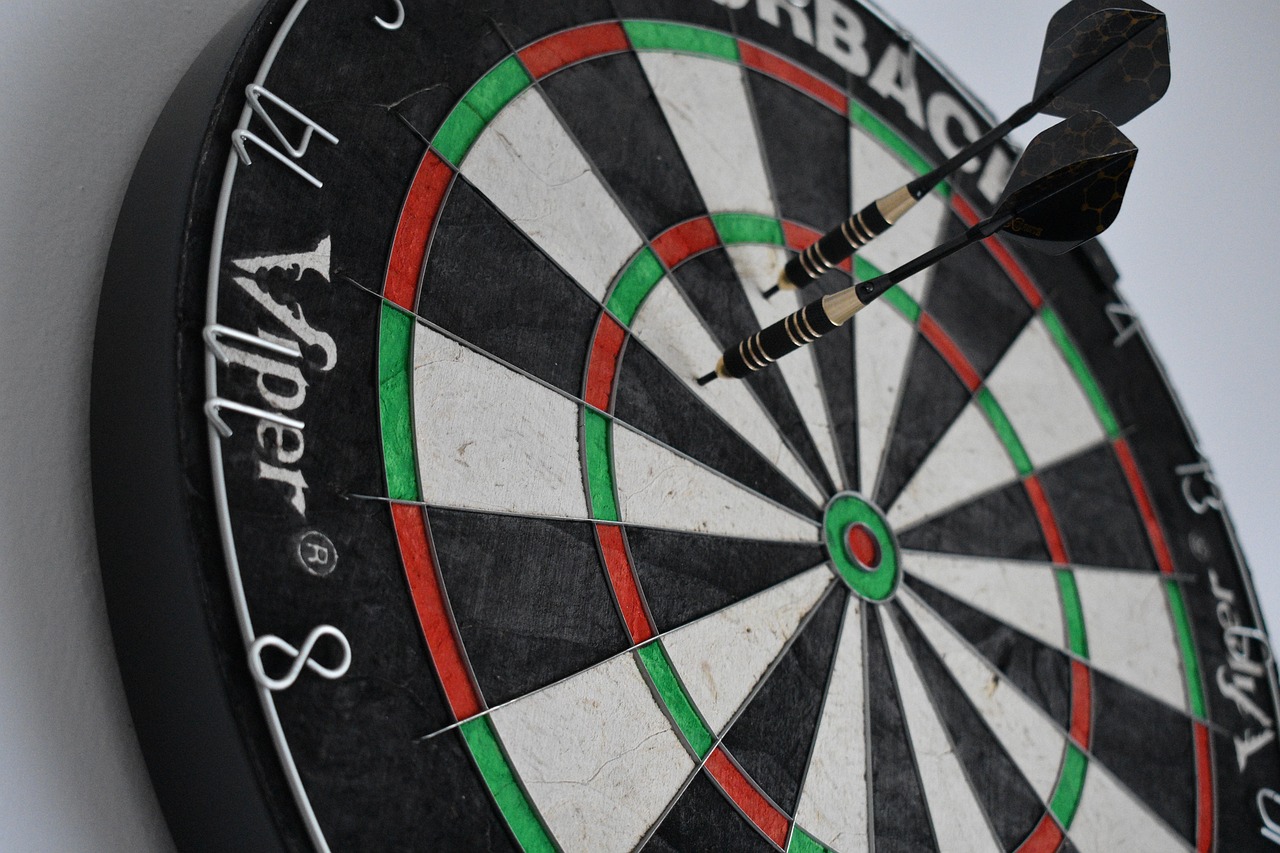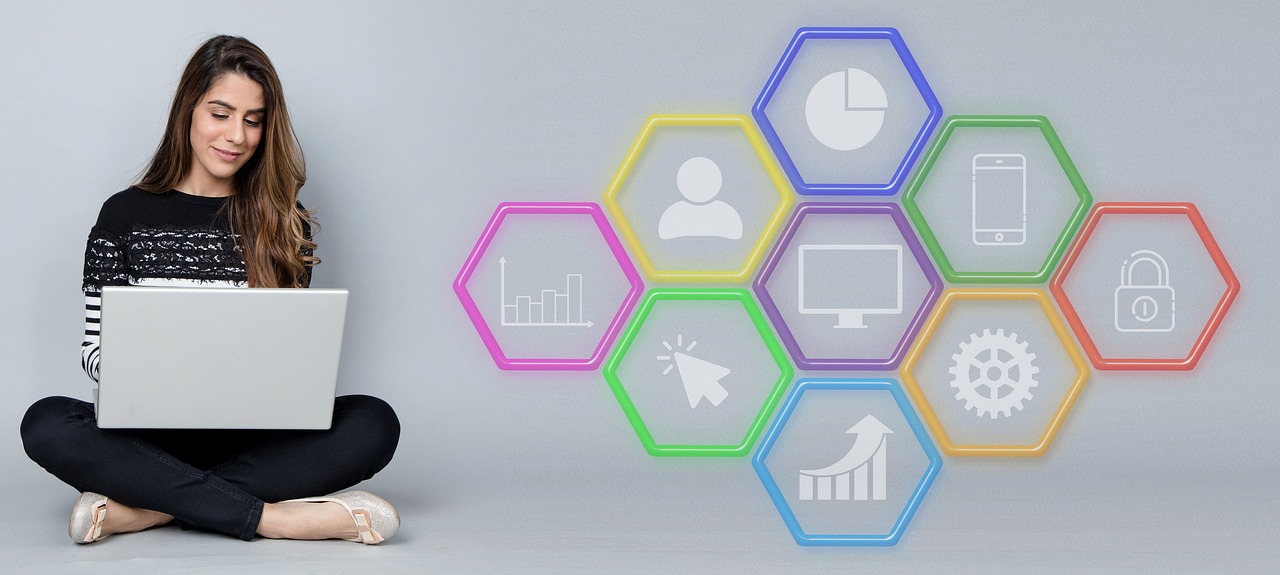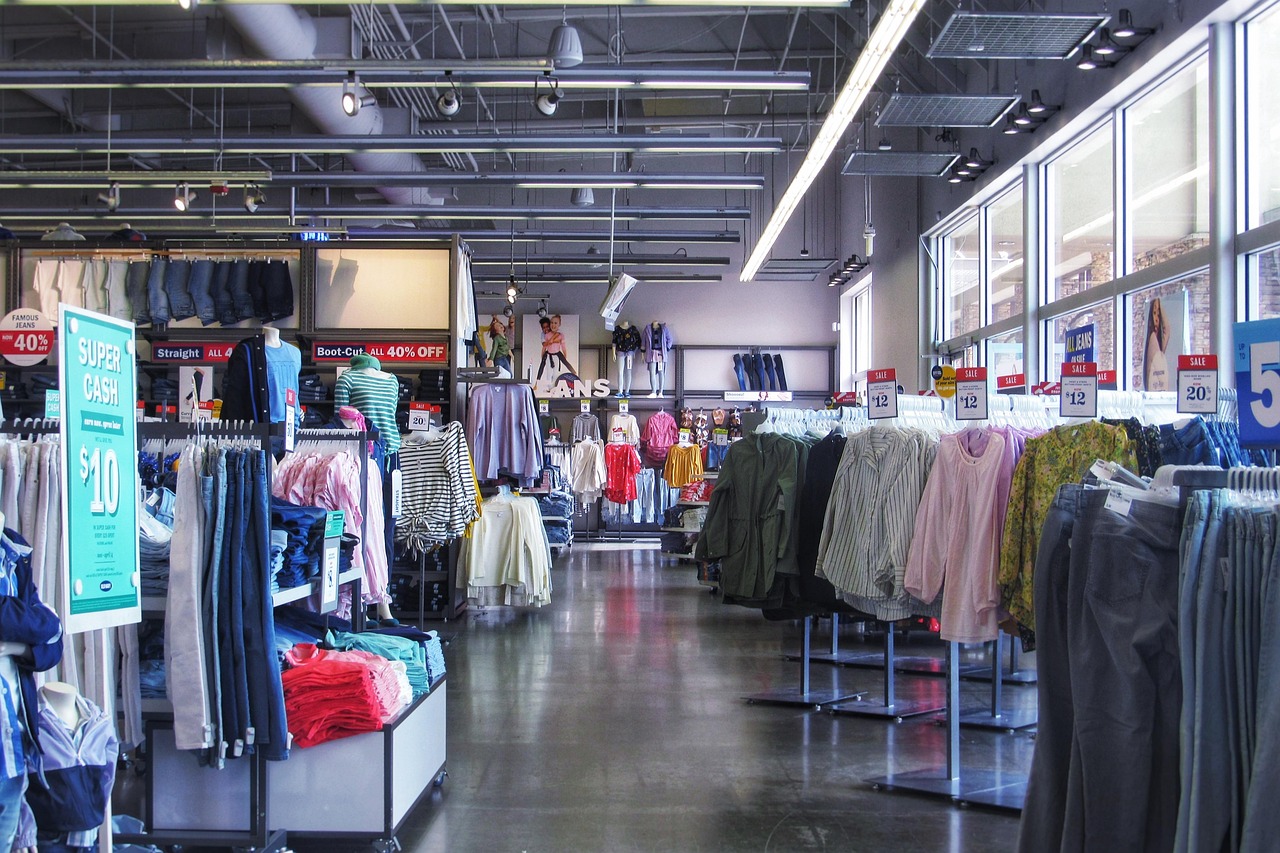
Amazon Prime Day 2025 drives record ecommerce sales
Amazon’s summer Prime Day 2025 generated $7.9 billion in U. S. online sales within the first 24 hours, marking the biggest single day for ecommerce this year so far. This figure represents a 9.9% increase compared to the first day of Prime Day 2024, according to Adobe Analytics data. Notably, this $7.9 billion total does not reflect Amazon’s own sales alone, as many other retailers, including Walmart and Target, aligned their promotions with Prime Day to capitalize on heightened consumer demand. Adobe Analytics, which tracks over 1 trillion visits to U. S. retail sites and monitors 100 million SKUs across 18 product categories, provides a comprehensive view of the broad retail impact during this event.
Prime Day sales outpace major shopping holidays
The $7.9 billion in sales on July 8 exceeded the $6.1 billion spent online on Thanksgiving in 2024, establishing Prime Day as a more significant spending event than this traditional holiday. Additionally, this total surpasses weekend sales during the Cyber 5 period last year, with Small Business Saturday and the following Sunday generating $5.3 billion and $5.6 billion respectively. Adobe projects that the full four-day Prime Day event will generate $23.8 billion in U. S. online sales, which is roughly equivalent to the combined sales of two Black Fridays. This forecast underscores Prime Day’s growing importance as a major ecommerce milestone.
Walmart and Target leverage Prime Day momentum
Amazon is not the only beneficiary of the Prime Day sales surge. Walmart and Target, the second and fifth largest online mass merchants in North America, coordinated their own promotional events—Walmart Deals and Target Circle Week—to synchronize with Prime Day. These efforts reflect a broader industry trend where competitors use Amazon’s event as a catalyst for their own sales. Digital Commerce 360’s Top 2000 database ranks Amazon, Walmart, and Target as Nos. 1, 2, and 5 respectively, highlighting their dominant positions in the North American ecommerce market.

Paid search and influencer marketing drive sales growth
Adobe Analytics data reveals paid search as the leading channel, accounting for 28.1% of retail sales on day one, representing a 1.8% year-over – year growth. Although affiliates and partners, including social media influencers, contribute a smaller share (19.8%), their sales growth rate outpaces paid search, increasing by 3.7%.
Social media networks themselves hold a 3.2% share with a 10.3% growth rate. Importantly, shoppers influenced by social media personalities convert at a rate nine times higher than those driven by social media networks alone. These metrics indicate that influencer marketing is becoming a powerful driver in consumer purchase behavior during major sales events.

Consumers
Consumers favor higher-ticket items across categories. On the first day of Prime Day, shoppers gravitated toward more expensive products, with the share of premium goods rising 20% above the year-to – date average across all categories. Electronics saw the largest jump at 55%, followed by appliances at 35%, sporting goods and furniture each at 30%, and toys at 20%.
Personal care items and apparel also experienced increases in higher-ticket purchases, 15% and 10% respectively. Conversely, categories like home and garden and grocery witnessed a shift toward lower-priced items, with the share of costly goods declining by 2% and 6%.
This selective purchasing behavior suggests consumers are prioritizing value in essential categories while splurging on durable goods.

Generative AI usage surges during Prime Day shopping
Adobe reported a remarkable 4, 100% year-over – year increase in generative AI-driven traffic to U. S. retail sites on July 8, measured by shopper clicks on AI-powered chat services and browsers. Although AI-driven traffic remains modest compared to traditional channels such as paid search and email, this explosive growth highlights how consumers are increasingly using AI tools as shopping assistants to find deals and product information. This trend points to a growing integration of AI in the ecommerce experience, potentially influencing future buying patterns and marketing strategies.

Buy now pay later usage climbs significantly
Buy now pay later (BNPL) financing gained momentum during Prime Day, with 6.4% of online orders utilizing BNPL options. This translated into $613.4 million in sales, reflecting a 13.6% increase from the previous year. The rising adoption of BNPL services indicates consumers’ preference for flexible payment plans during high-spend events, which can drive larger transaction sizes and improve conversion rates for retailers.

Back
Back-to – school and home categories show strong sales growth. Back-to – school shopping surged dramatically, with spending on school supplies increasing 190%, including backpacks, lunchboxes, and stationery. Dorm essentials such as mattresses, microwaves, mini fridges, and linens also grew 105%.
Other categories with notable sales increases compared to June 2025 averages include appliances (135%), electronics (95%), tools and home improvement (85%), home and garden (75%), furniture (55%), apparel (45%), and toys (35%).
These gains confirm the seasonal shift in consumer priorities and the effectiveness of targeted promotions.

Top Prime
Top-selling products during Prime Day
2025. Certain product types emerged as prime movers on day one, with kids’ apparel sales skyrocketing 305%, home security products up 260%, and refrigerators and freezers increasing 200%.
Computers sold 180% more than average, vacuum cleaners rose 175%, and headphones and speakers jumped 155%.
These figures highlight the categories that captured consumer interest and spending power, providing retailers with critical insights for inventory and marketing focus during future events.

Conclusion and outlook for ecommerce in 2025
The first day of Amazon Prime Day 2025 set a new benchmark with $7.9 billion in U. S. ecommerce sales, outpacing major shopping holidays and reflecting dynamic consumer behavior. Paid search, influencer marketing, generative AI, and BNPL financing played key roles in driving sales growth. Meanwhile, strong performance in back-to – school categories and high-ticket durable goods reveal evolving shopper preferences. Adobe Analytics projects the full four-day event will reach $23.8 billion, equating to two Black Fridays, signaling Prime Day’s entrenched status as a critical ecommerce occasion under the current U. S. administration led by President Donald Trump. Retailers and marketers should leverage these data-driven insights to optimize strategies for upcoming sales events in 2025 and beyond.





